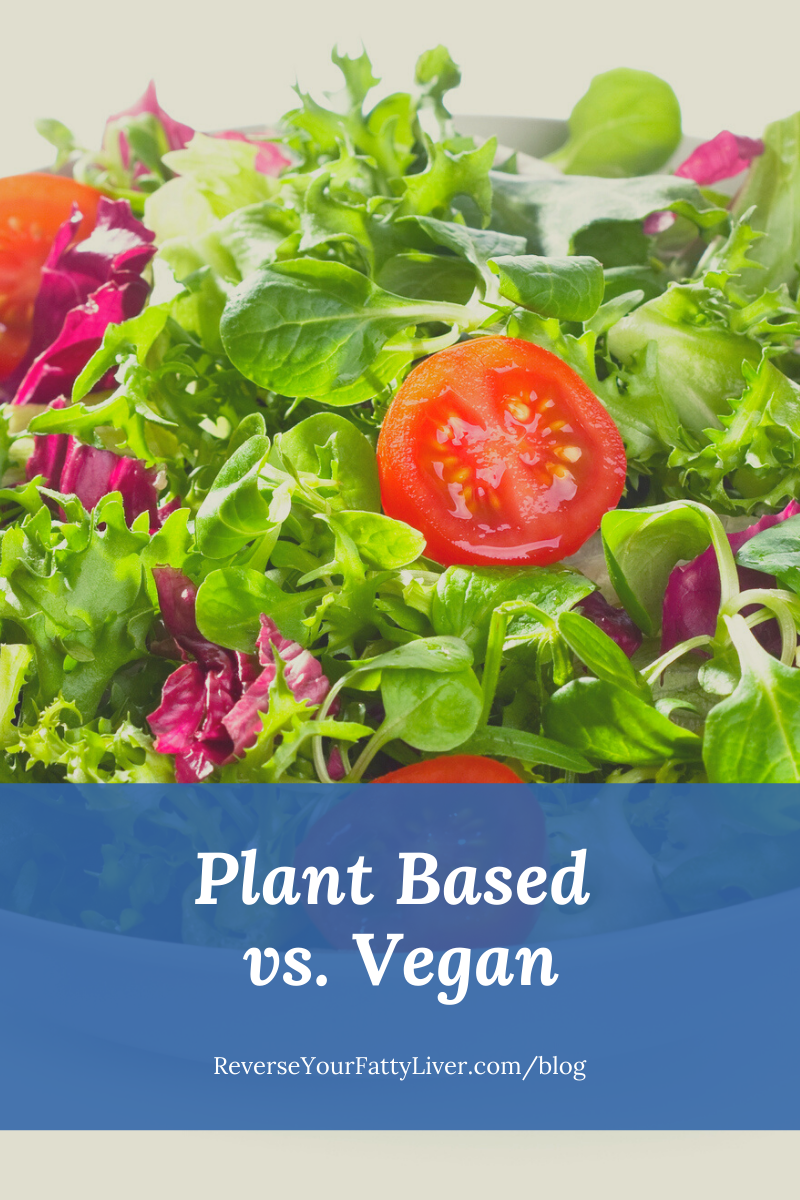What is the difference? Are they not the same thing?
To start our discussion on plant-based eating, let’s first clarify a few things about the distinction between plant-based eating and vegan eating – a blurry boundary which often gets confused!
VEGANISM:
‘Vegan’ (adj.) is used to describe a diet that is free of any animal products or byproducts.
A person following a vegan diet will eat any food so long as that food does not contain animal parts or derivatives (no meat, milk, eggs, bone, gelatin, butter, milk, etc.) This means a plant-based meal or “plant foods” would be vegan and suitable for vegans or someone following a vegan diet.
However, a food that is vegan may not necessarily be suitable for someone who is plant-based or eating a “plant-based diet.”
Oreos, potato chips, Skittles, French fries, vegan cheese, vegan “faux” meat, Coca-cola, and pretzels are all good examples of this distinction. These items are free of animal products, technically making them “vegan” and suitable for vegans to consume, but they are not considered “plant foods” (they are plant fragments) which are generally not suitable for people sticking to a whole food, plant-based diet.
VEGAN also entails specific ethical beliefs and extends further than just the consumption of animal products. For instance, vegans don’t wear or include ANY animal byproducts in their life such as leather, wool, silk, certain cosmetics, and even animal-tested products.
It’s a marginal distinction between the two lifestyles, and I’ll leave it up to you to decide which best aligns with your values, but for now, we’ll be discussing the details of plant-based eating!
We’re here to help if you have questions please join us in the Daily Fatty Liver Recipes Facebook Group
#vegetables #vegan #healthy #eating #vegetarian #vegetable #recipes #superfoods #fattyliver #nafld #nash #reverseyourfattyliver
